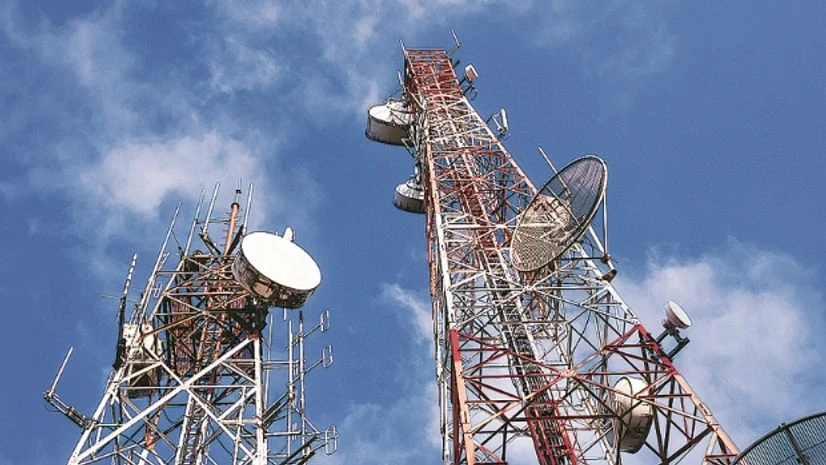A joint secretary level officer authorised by Union or state home secretary can order the suspension of telecom services in an area in case of an emergency, according to new guidelines.
The Temporary Suspension of Telecom Services (Public Emergency and Public Safety) Rules, 2017, notified by the government last week, authorises Union and state home secretary to order such suspension in a given area.
"... Under unavoidable circumstances, where obtaining of prior direction is not feasible, such order may be issued by an officer, not below the rank of a joint secretary to the Government of India, who has been duly authorised by the Union home secretary or the state home secretary," the order said.
Also Read
The government often suspends telecom services in disturbed areas with an aim to maintain law and order in a state or in the country.
The order issued by an officer authorised by either Union or state home secretary will have to be approved by the competent authority within 24 hours of such issuance and in the failure of approval confirmation, the suspension order will cease to exist.
According to the rules, a copy of any order issued for suspension of telecom services needs to be forwarded to a three-member review committee within 24 hours along with the associated reason.
In the case of centre, the committee will be chaired by the Cabinet Secretary and the state level review committee will be headed by the chief secretary of the state.
The new rules make it binding for the committee to meet and review the order within five working days from the date the order is issued.
The rules also laid down that the order for suspension of telecom services will have to be communicated by an officer, not below the superintendent of police or of equivalent rank in writing or by secure electronic communication to an authorised officer.
(Only the headline and picture of this report may have been reworked by the Business Standard staff; the rest of the content is auto-generated from a syndicated feed.)

)
